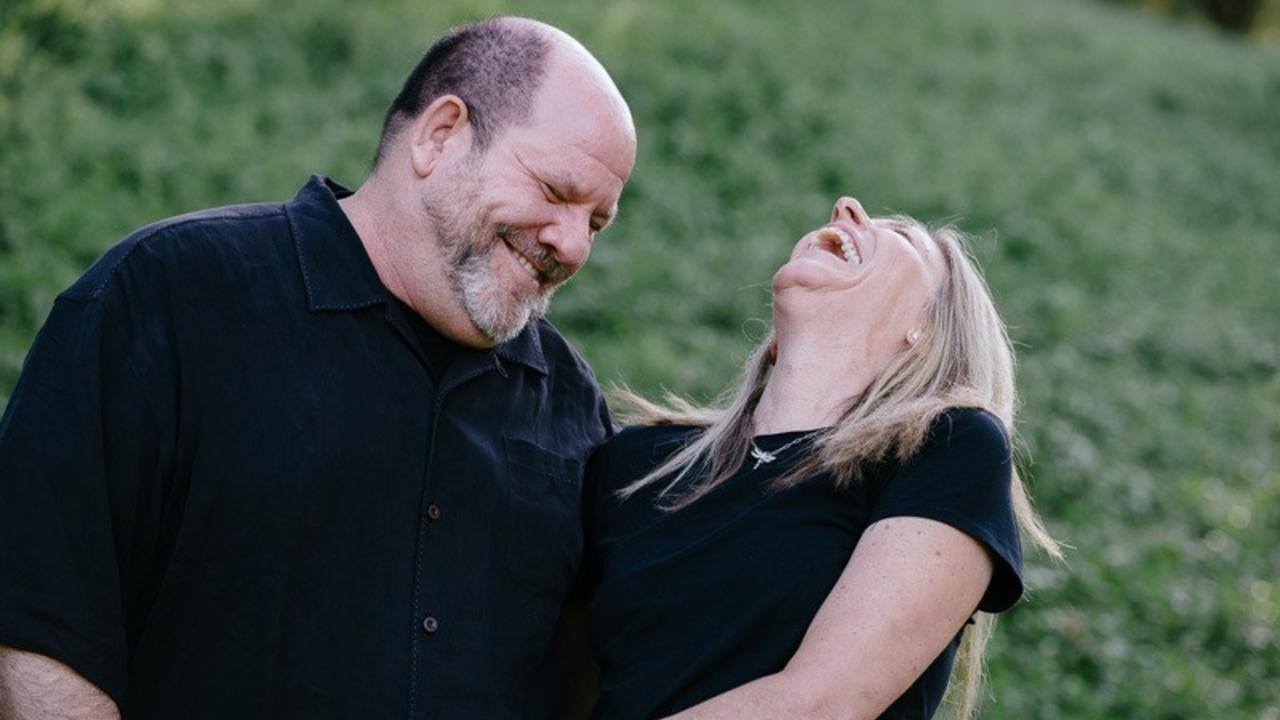PACT Level 1
In Japanese, the phrase sottaku doji means “simultaneously pecking from inside and outside.” Zen Buddhism uses this as a metaphor for the relationship between teacher and student; the student is pecking from the inside, and the teacher from the outside a...
By Kate Balestrieri, Psy.D., CST, CSAT-S
PACT Level 3 Candidate
Sexual trauma knows no discrimination. It can happen to anyone, at any age, and occurs across gender, race, religious affiliation, and socioeconomic status. The statistics vary from study to study, but of reporte...
PACT Level 3 Candidate
In an attempt to understand and treat clients, therapists often use terms, such as codependent, toxic, narcissistic. These words then find their way into pop culture and, like a bad game of telephone, can lose their intended meaning or become disto...
PACT Level 3 Candidate
Training in the PACT model sparks excitement for clinicians. It also presents a steep learning curve. Even seasoned therapists experience some uncertainty when learning such an active and complex approach. PACT challenges therapists to integra...
by Stan Tatkin, PsyD, MFT
PACT Founder
A study by Nagasawa and his colleagues in Japan (2009) some years ago involving dogs and their owners found that if a dog looked into its owner’s eyes by finding the gaze first, the owner’s oxytocin levels went up. (I suspect dopamine might also be increase...
From the Science of Psychotherapy, January 2021
By Stan Tatkin, PsyD, MFT
Most people will probably agree that 2020 has been an exceedingly difficult year: the world moving away from liberal democracy; a global pandemic that may continue well into 2022; global economic markets in crisis; natio...
PACT Level 3 Candidate
By any chance, are you feeling like a roommate instead of a partner in your relationship? Have you noticed that you and your partner don’t talk to each other when you are both at home except when it comes to discussing bills and logistics? More tha...
Debra Campbell, MS, LMFT, PACT 3 Candidate
“Learning how to communicate better with my partner” is a commonly stated goal of couples in therapy. While not inaccurate, learning how to communicate better is often oversimplified to mean using the right language. In ...
by Jacqui Christie, M.Psych
PACT Level 2 Therapist, PACT Ambassador
Anyone who works with couples knows how tricky the particulars of partner dynamics can be. In fact, the more people in the room, the more energy gets brought into that room. The potential for that energy to become intense is hi...
by Clinton Power, Grad. Dip Couns/Psych., Ad. Dip Gestalt Therapy
PACT Level 2 Therapist, PACT Ambassador
All couples fight at one time or another. If you think you should never argue, you’re unrealistic. A more productive goal is to learn how to quickly and efficiently resolve your disagreement...
By Caelen S. Cann, MA, LPC, LAC, ADS
PACT Level 3 Candidate, PACT Ambassador
A couple new to me, Kristin and Dan, are sitting in my office. This is their first session, and from what they have presented thus far, their relationship isn’t on fire. “Why are you two seeking couple counseling now?” ...
We’ve known for a long time about the many benefits of cultivating a sense of gratitude: more joy, less stress, better health.
So when anxiety started to bubble up earlier this year, it seemed like an especially good time to begin a more intentional practice of flexing those gratitude muscles. Sinc...













